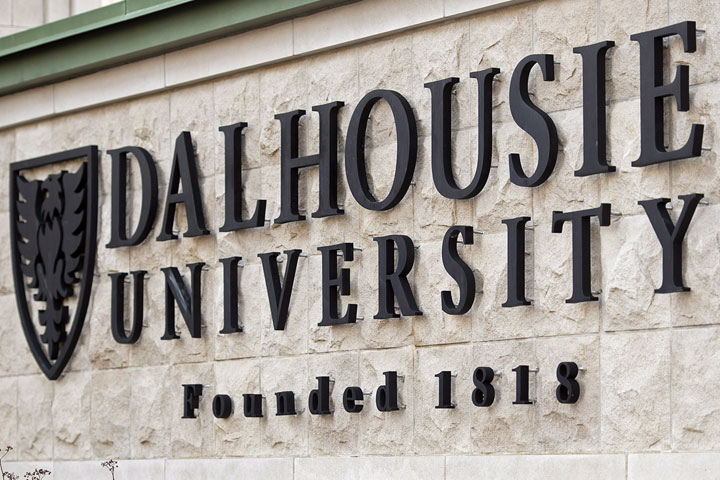Nova Scotia students will pay more of their universities’ operating costs as the province’s contribution to post-secondary schools grows slower.

Over the next four years, the provincial government says they will give post-secondary schools a one per cent subsidy increase each year. However, tuition for in-province students will be allowed to rise by three per cent a year.
Labour and advanced education deputy minister Duff Montgomerie said its “correct” that the province’s share of university operating costs will go down, but he says the one per cent increase is what taxpayers can afford.
The one per cent increase is below the projected 1.5 per cent cost of living increase Nova Scotia will see in 2016, and almost half of the projected 1.9 per cent cost of living increase for 2017. Meantime, the tuition increase students could face will be higher than the cost of living increase.
“Some of the universities will go to the maximum of three (per cent), some of them won’t,” Montgomerie said.
“We have the fastest-rising tuition fees in this province, as compared with anywhere else across the country,” Michaela Sam, chairperson of the Canadian Federation of Students in Nova Scotia, said.
“That’s abysmal for students in this province and really shows this government’s contempt for students right now.”
Officials speaking before the Public Accounts Committee Wednesday didn’t have an explanation for the three per cent hike.
“We could have looked at a whole range of numbers but the three per cent is what we stuck with,” senior executive director Ava Czapalay told reporters outside committee.
In the 2015 budget, Nova Scotia’s Liberal government removed all tuition caps, which was slammed by students and called “insane,” and “unfair.”




Comments